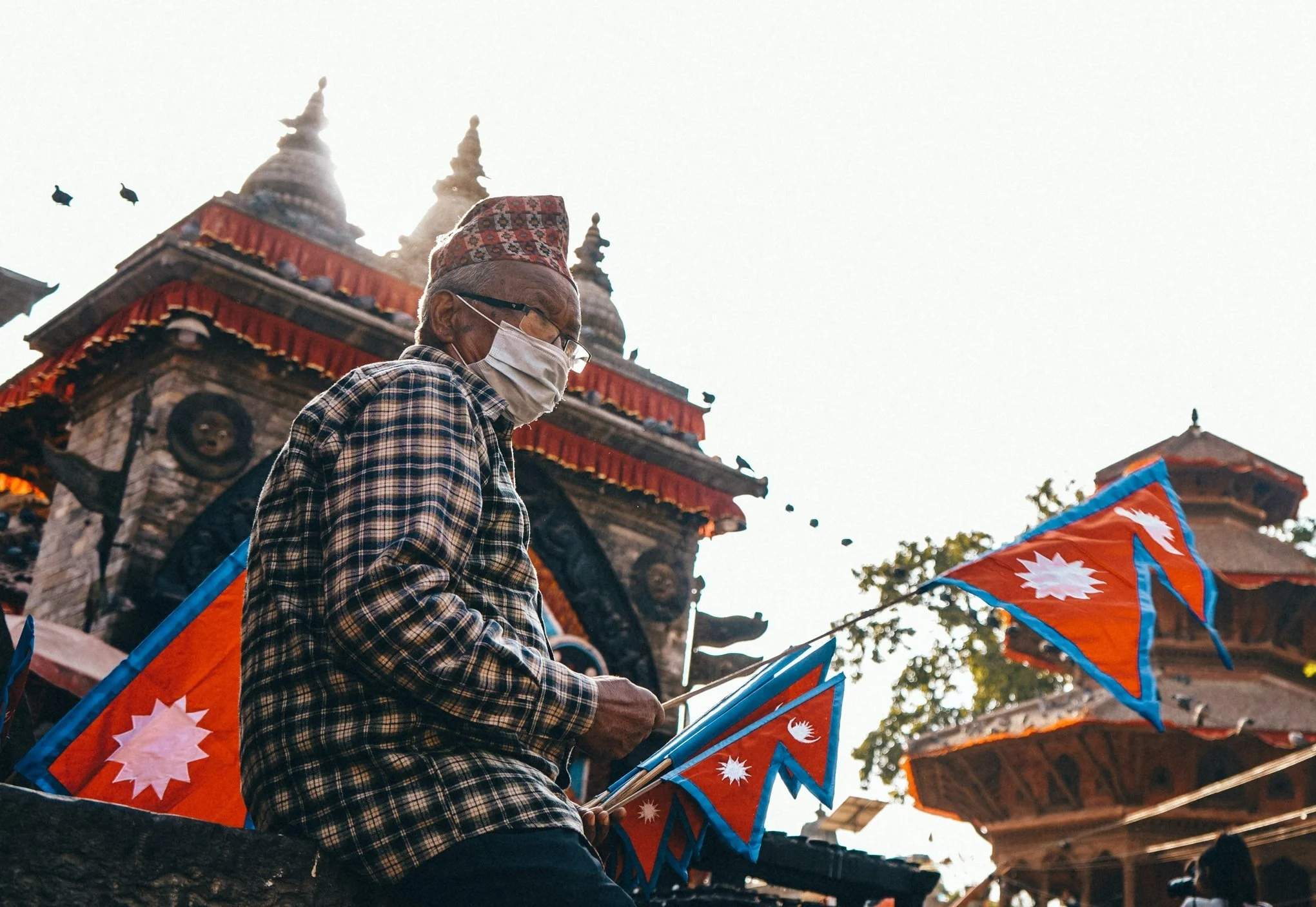To what extent can the US compete with China if it does not offer more economic opportunities to Indo-Pacific countries, especially due to mounting doubts about its reliability as a security guarantor in the region?
We invite several experts to assess this state of affairs.
Read More
















